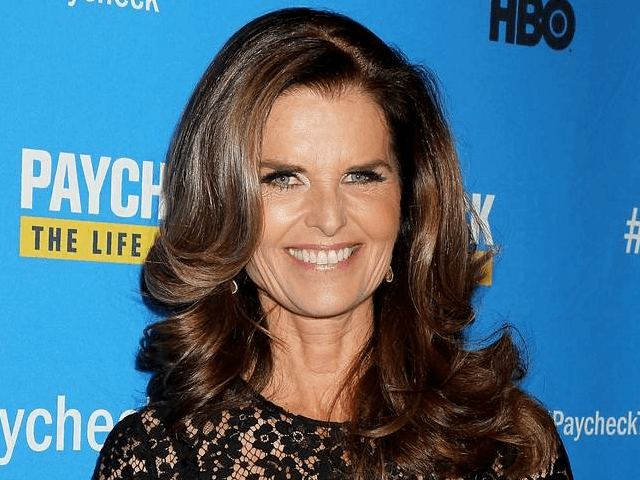Now that U.S. Senator Barbara Boxer has announced she will retire rather than run for reelection in 2016, and rumors of Republican and Democratic candidates for her seat abound, at least one California politico believes that an independent candidate might sneak through and win election, due to the top-two primary system in the state.
The top-two or “jungle” primary system, initiated by California in 2010 with the passage of Proposition 14, allows the top two finishers in the two parties’ primary races to advance to the general election, even if they come from the same party.
When asked whether an independent candidate could succeed in winning Boxer’s open Senate seat, Dan Schnur, Executive Director of the Jesse M. Unruh Institute of Politics at the University of Southern California, who ran as an independent for Secretary of State last June and finished fourth, told Joel Fox of foxandhounds.com, “No question about it. “There is such great hostility toward politics and politicians that an independent with resources and visibility and a media platform could win.”
In an article for the Wall Street Journal discussing possible candidates, Schnur mentioned former California first lady Maria Shriver as a possible candidate. Fox noted that Karen Skelton, whom Fox heard has worked with Shriver, claimed Shriver now registers as an independent.
Shriver fits Schnur’s profile for an independent candidate who might win: she has the name recognition, plenty of contacts and connection to funding–the latter of which, pointed out the San Francisco Chronicle, is essential. The Chronicle noted that the top-two system might well pit two candidates against each other not only in the primary, but the general election, requiring massive funding.
Schnur demurred when Fox asked him if he were interested in running. Both Bill Bloomfield, who ran as an independent for a congressional seat in West LA, and Molly Munger, who spent $44 million funding Proposition 38 in 2012, which failed in its attempt to raise state income tax rates for most Californians, also said they would not run.
In 2010, before Proposition 14 was passed, Schnur, as part of a New York Times panel discussing whether a top-two system would work, wrote:
Critics of Proposition 14 argue that the initiative’s passage will not produce an increase in the number of moderate candidates, pointing to a similar measure enacted in Washington State that has not led to dramatic change. Further, one unanticipated consequence could be to make campaigns here even more expensive, as the money needed to reach out to general election electorates in both spring and fall could be considerable. But Californians seem to have decided that their own brand of political populism is cheap at twice the cost.
The top-two primary system was implemented by Louisiana in 1975, followed by Washington state in 2008. There has yet to be an independent winning a seat as a result of the process. When Jesse Ventura won as an independent as governor in Minnesota in 1998, he only polled 10% of the vote during primary system, then won as a Reform candidate in the general election.

COMMENTS
Please let us know if you're having issues with commenting.